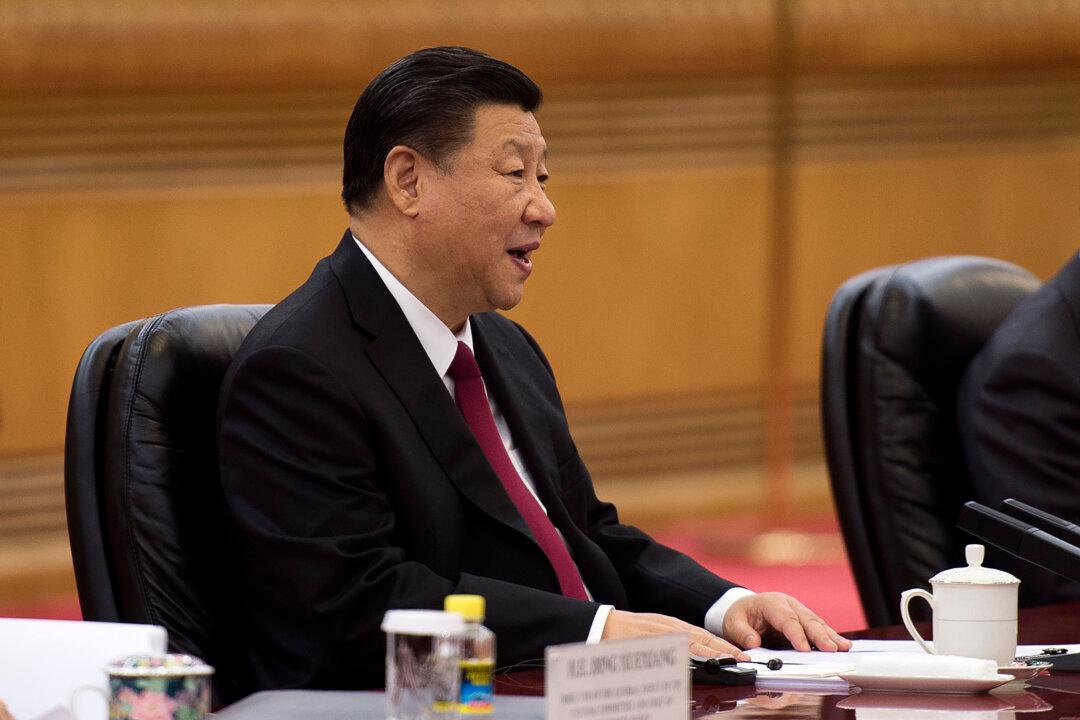The Chinese regime has officially proposed to eliminate a two-term limit on the country’s position of chairman, established in the Chinese Communist Party’s (CCP) constitution, setting the stage for current chair Xi Jinping to rule for a third term, or perhaps until death.
Observers had already predicted this possibility when Xi failed to appoint a successor to the Party’s top decision-making body during last October’s important political conclave, the 19th National Congress.





